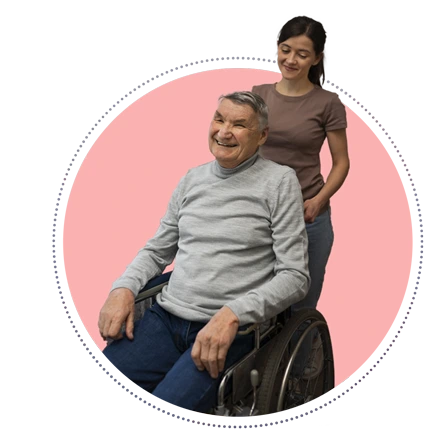Overview of Aged Care Courses
Aged Care Courses in Sydney
Aged care courses in Sydney, including Certificate III in Individual Support and Certificate IV in Ageing Support, provide essential training for careers in residential aged care, home care, and community support. These courses cover personal care, dementia care, communication skills, and more, with practical work placements to gain hands-on experience. Offered by providers like TAFE NSW and RTOs, both in-person and online options are available. With the increasing demand for aged care services, these qualifications open up rewarding career opportunities in a growing sector. Graduates can pursue various roles with opportunities for career advancement and specialization in the field. Aged care professionals play a crucial role in improving the quality of life for elderly Australians.
Certificate III in Individual Support (Aged Care)
- Entry requirements – IELTS overall band of 5.5 with no individual band below 5.0.
- Duration – 6 months to 1 year (full-time), depending upon provider
- Intakes – Multiple
- Online/Flexible:– Duration depends on pace and provider
- Work Placement:– Usually includes 120 hours of practical training
- The Certificate III in Individual Support (Aged Care) equips students with the essential skills to provide care and support to elderly individuals in various settings.
Certificate IV in Ageing Support
- Entry requirements – IELTS overall band of 5.5 with no individual band below 5.0.
- Duration – 12 months
- Intakes – Multiple
- Online/Flexible:-Duration depends on the training provider and study pace
- Work Placement:– Usually requires 120 to 160 hours of practical training
- The Certificate IV in Ageing Support provides advanced skills and knowledge for those looking to work in senior care roles.









